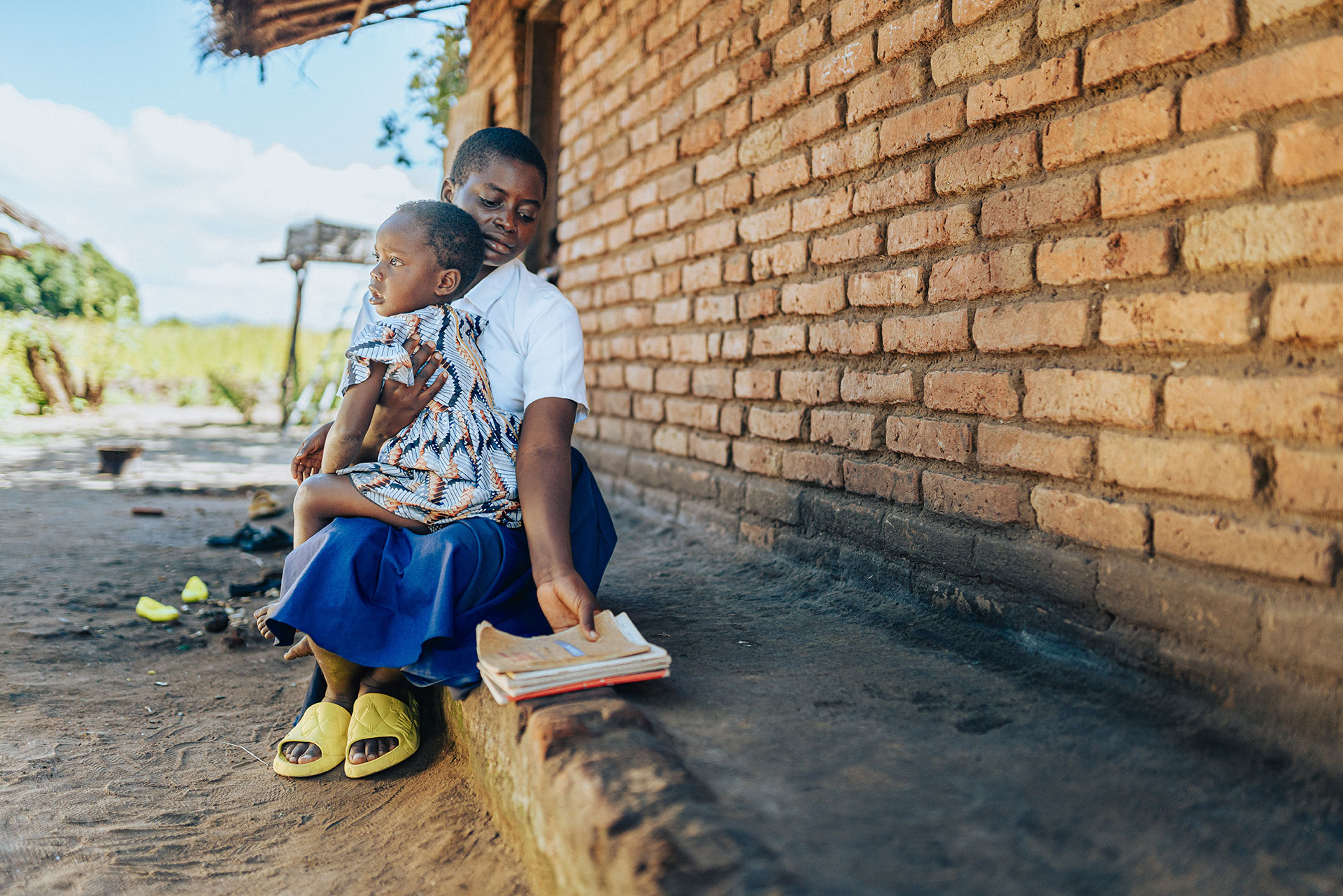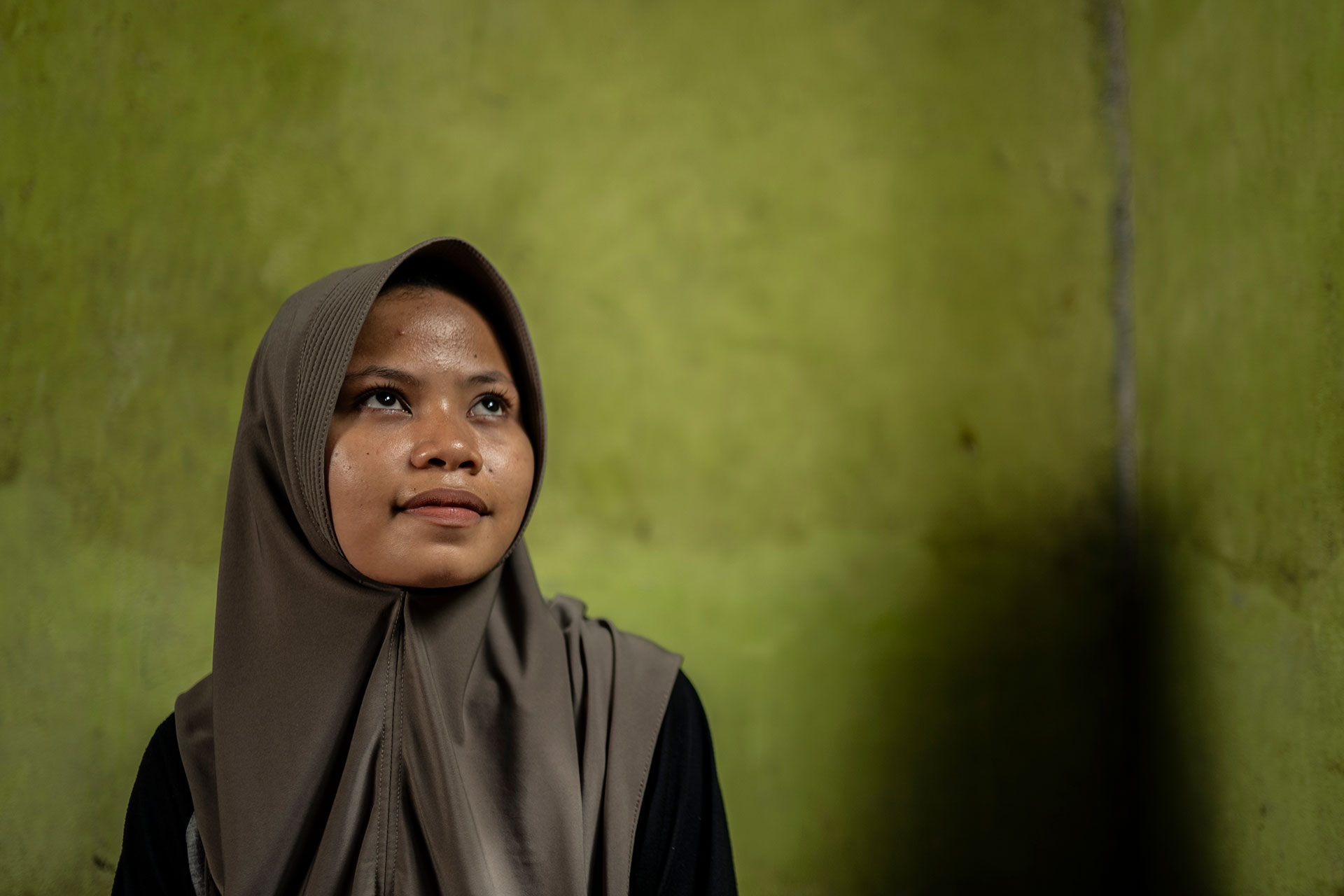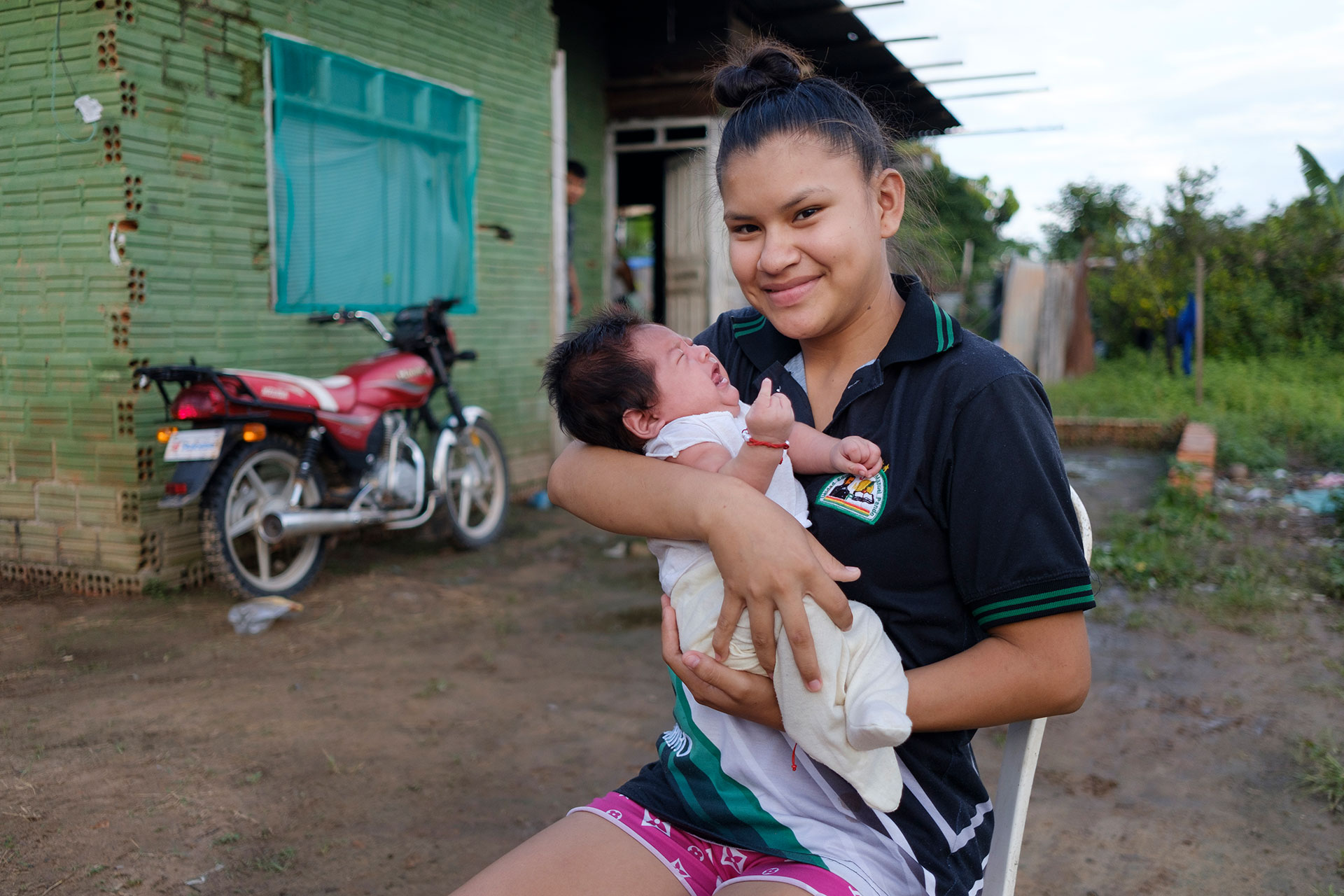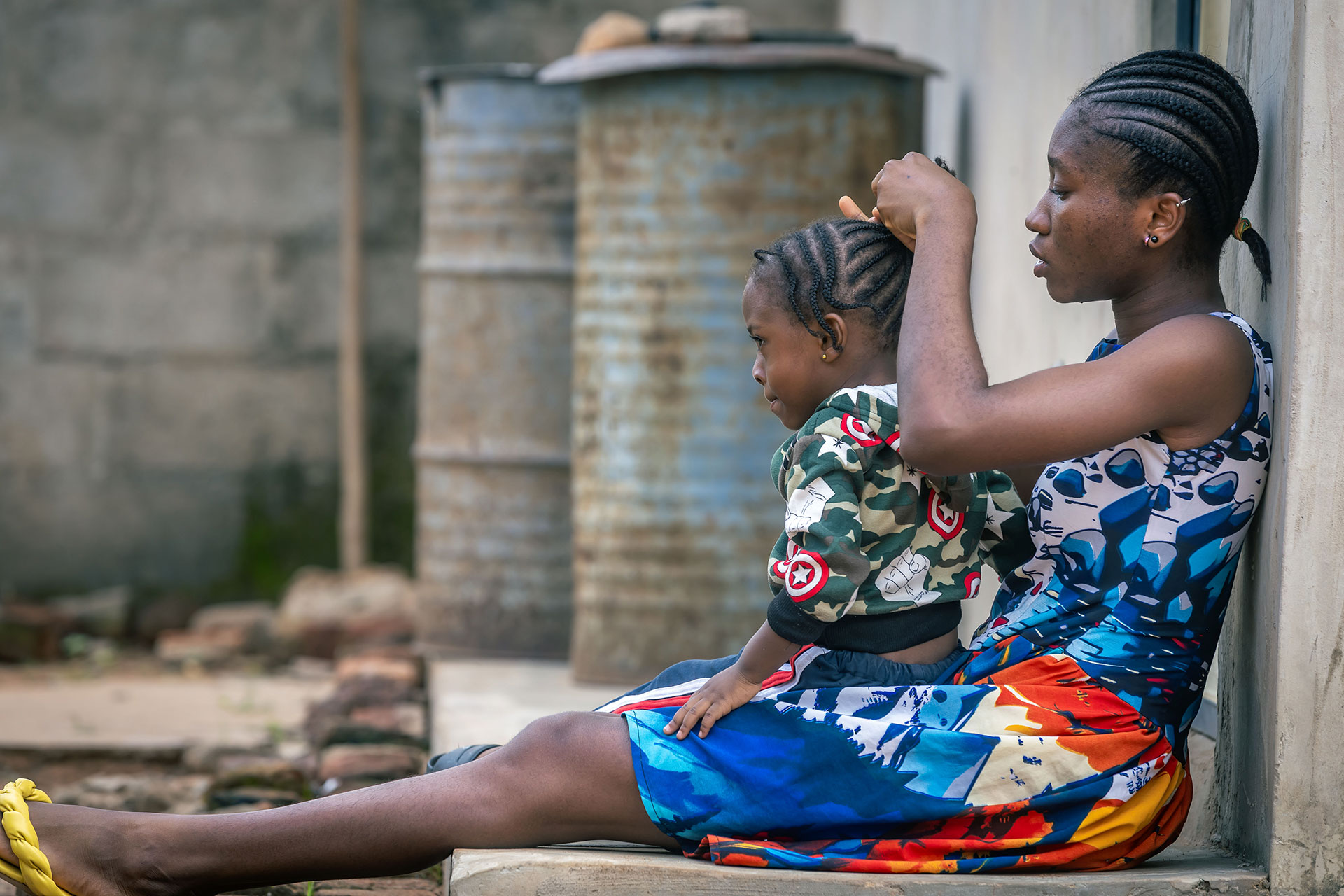‘I want to be someone in life’
Photography by Manuel Seoane, videography by Andrés Julián Mamani Osorio.
Learn more Seoane’s process and how he understands storytelling as a responsibility rather than a solution.
When Yotse, age 15, became pregnant in her fourth year of high school, her mother kicked her out of their home because she was “no longer a girl.”
“When she calmed down, she told me that a child was not a mistake and promised to support me,” says Yotse. “She helped me throughout my pregnancy, as did my 24-year-old partner.”
Yotse’s case is not unique. Research shows that an average of 61 teenagers become pregnant every day in Bolivia. In 2023 alone, more than 1,300 children under age 15 became pregnant.
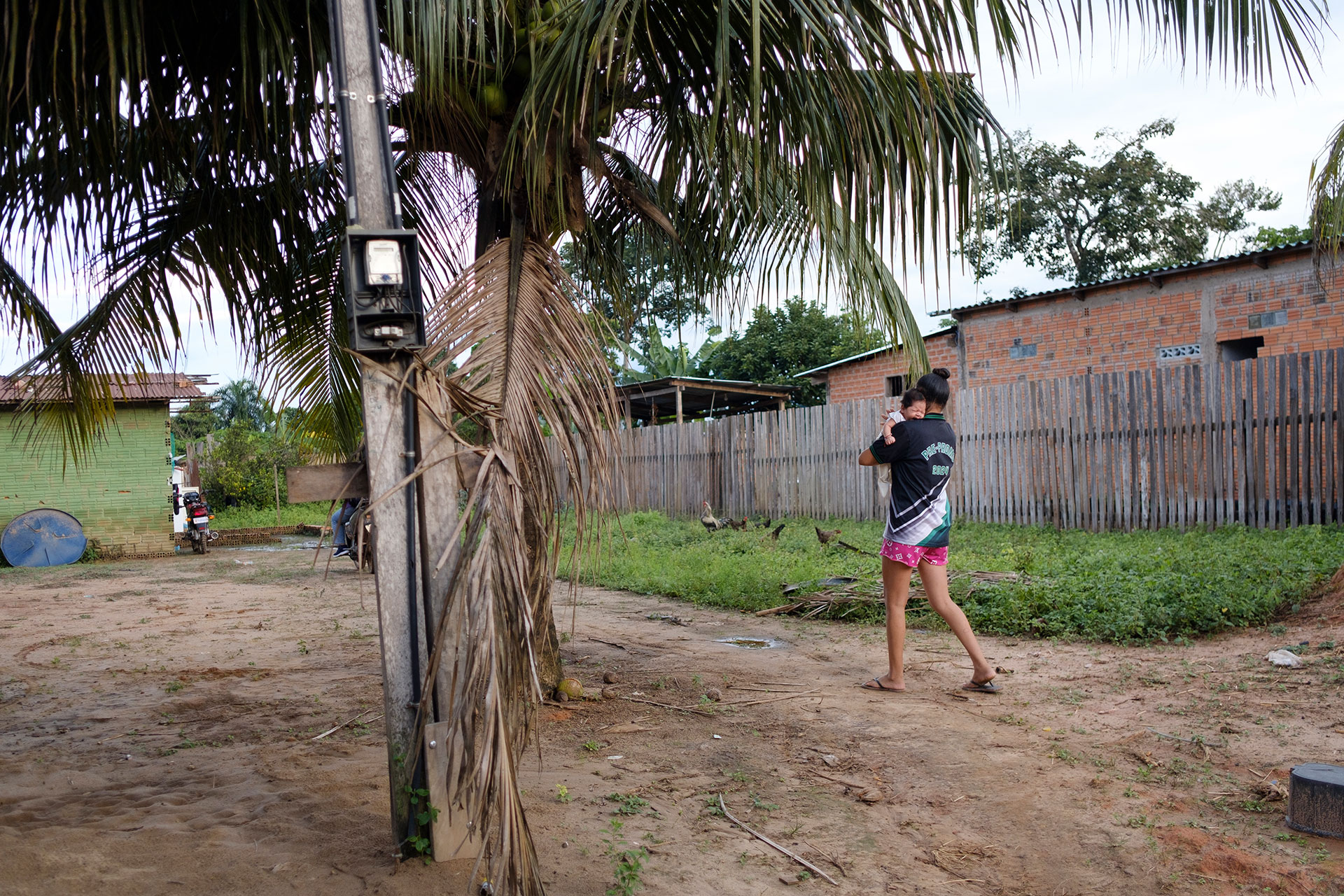
Yotse lives in Pando, Bolivia’s least populated and most isolated department, situated in the Amazon Rainforest along the border with Brazil and Peru. The poverty rate is high here, and girls without an education face limited prospects.
Determined not to let motherhood end her dream of having a career, Yotse is now back at school. She takes care of her infant son with the support of her partner.
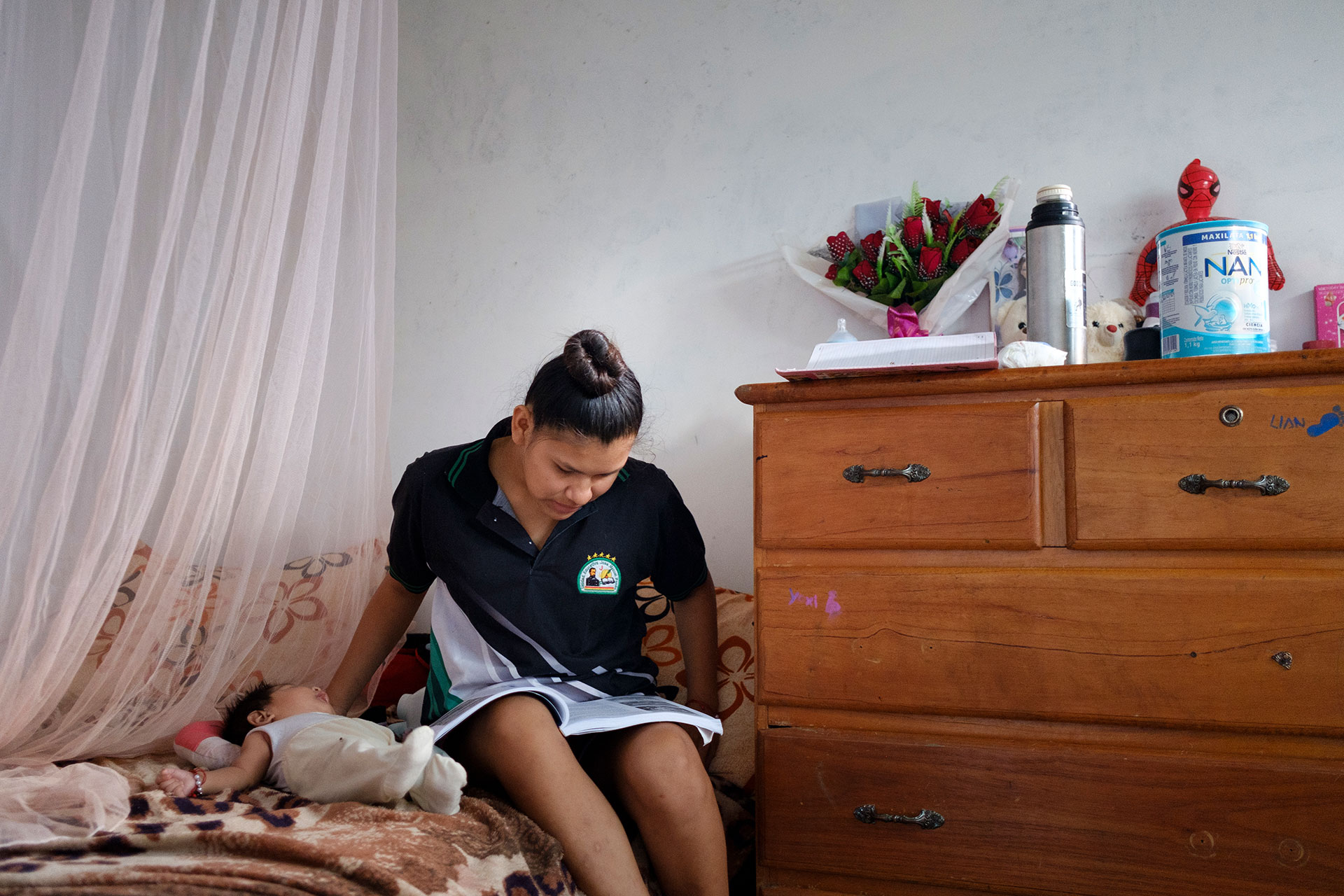
After I had my baby, I decided that I must continue my studies to be someone in life and show my baby that I can do it,” Yotse says. “It’s very difficult, but I want to be a nurse because I like helping people.”
Girls in Yotse’s community need easier access to reproductive health care and information. That’s why Ipas is supporting Pando’s Departmental Health Service in their efforts to expand youth-friendly health services and reduce early pregnancy, which can be especially risky for girls and adolescents.
Dr. Mario Espada, who works with the department’s Sexual and Reproductive Health Program, recalls one recent year when seven adolescent girls died from pregnancy complications. “It’s a public health issue,” he says.
Ipas trains and equips health workers so they can provide contraception and abortion care to girls who need it. And Dr. Espada notes there is progress: Every public health facility in the department now offers five modern contraceptive methods, and teenagers who give birth at local hospitals are offered contraception before they go home.
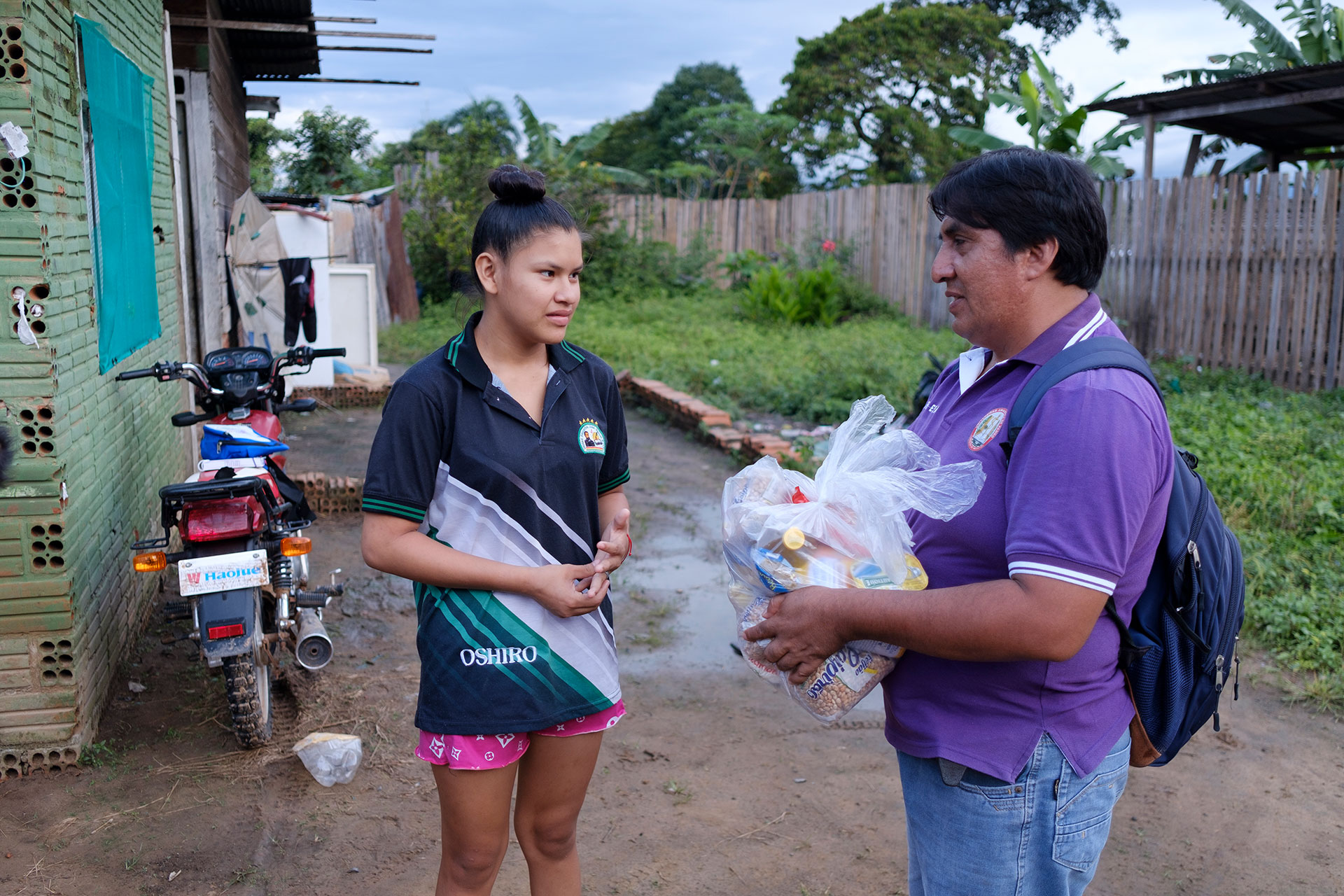
Yotse receives a donation from Dr. Mario Espada with the Departmental Health Service’s Sexual and Reproductive Health Program, which partners with Ipas to improve young people’s access to the medical care and counseling they need.
When girls like Yotse can make informed choices about their own bodies, they’re better able to avoid unwanted pregnancy and stay focused on their education.
Armed with the information she needs, Yotse has now taken charge of her reproductive health by choosing to get a long-acting contraceptive implant. “I don’t even want to think about having more children,” she says.
She adds this advice for her peers: “I would advise them not to get pregnant yet. If they want to have children, that’s fine, but not at an early age, because studying and taking care of your baby at the same time is very difficult.”
“I want to be someone in life. I want to have a profession.”
We have a job to do. Will you join us?
Young people and their local communities already know what’s needed to fight the injustices of child marriage, teenage pregnancy and school dropout. With our holistic approach and vast network of local partners and experts, Ipas is uniquely positioned to help make lasting, systemic change.
With your support, we’ll build a world where every girl can control her own body and future.


